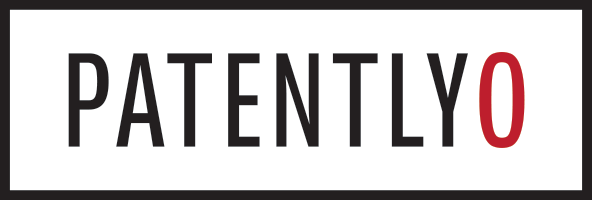
"Since this decision, questions have come up about what this might mean for the patenting of inventions relating to artificial intelligence (AI) in the United States, and by extension, America's leadership in AI development. Even before this case, the argument has been made that getting patents on AI innovations is difficult or impossible under the current law, and therefore patent eligibility reform is needed. These are important questions."
"As I have argued for years in my work on the Artificial Inventor Project, and as I testified on in Congress, AI technology is playing a rapidly growing role in the innovation process. We want to make sure the patent system is promoting the development and use of AI so that it can be used to generate socially valuable innovation (and that there are no legal concerns when that happens, including related to inventorship)."
The Federal Circuit held that claims merely applying existing machine-learning methods to a new data environment are not patent eligible. The court characterized such claims as abstract ideas executed with AI, and thus not statutory subject matter. The decision raises concerns about patenting AI inventions and U.S. leadership in AI, and reinforces debate over whether patent eligibility reform is needed. Current patent eligibility doctrine nonetheless permits patenting of genuine technological advances in AI, including development and implementation aspects. The law aims to balance encouraging socially valuable innovation while avoiding overly broad claims that preempt abstract ideas.
Read at Patently-O
Unable to calculate read time
Collection
[
|
...
]